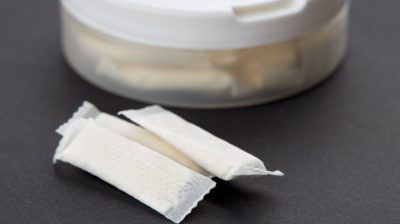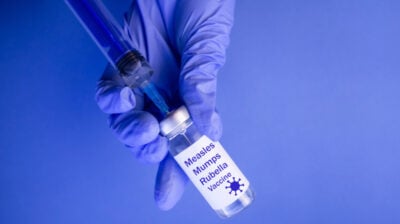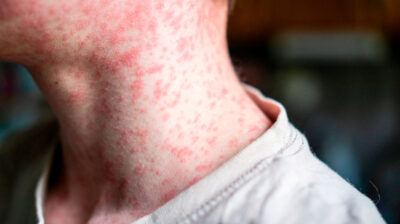Health & Wellbeing
- Drugs
- Health & Wellbeing
- Factsheet
What is HHC?
Written by: spunout
HHC is a cannabis-like drug previously sold in Ireland as a legal alternative to cannabis, though it has since been made illegal
- Smoking
- Factsheet
What are nicotine pouches (snus)?
Written by: spunout
Nicotine pouches are a smokeless nicotine product that are placed inside the mouth, between the lip and gum or cheek
- Drugs
- Factsheet
What is back of house testing for drugs?
Written by: spunout
Find out about the HSE back of house testing for drugs
- Health & Wellbeing
- Factsheet
Sun safety tips for the spring and summer months
Written by: spunout
Following these simple tips can help you avoid sun burn and decrease your risk of skin cancer while enjoying the weather.
- Health & Wellbeing
- Factsheet
How does measles (MMR) vaccination work?
Written by: spunout
People often get a vaccine called the MMR vaccine in childhood to protect from measles, mumps and rubella, three very infectious illnesses
- Health & Wellbeing
- Factsheet
Signs and symptoms of measles
Written by: spunout
It is important to be aware of the signs and symptoms of measles and to seek medical advice if you think you may have the illness
- Smoking
- Factsheet
Vaping demystified in a non-judgmental way
Written by: spunout
spunout has created a series of factual, non-judgmental resources about vaping and its effects so you can make informed decisions about your health
- Smoking
- Factsheet
How to reduce how much you vape
Written by: spunout
If you vape and want to stop, but don’t feel like you can to quit right now, you may have a desire to reduce how much you vape
- Smoking
- Factsheet
How are vapes marketed to young people?
Written by: spunout
Vaping companies have been criticised by governments, health organisations and other regulatory bodies around the world for the techniques they use...














